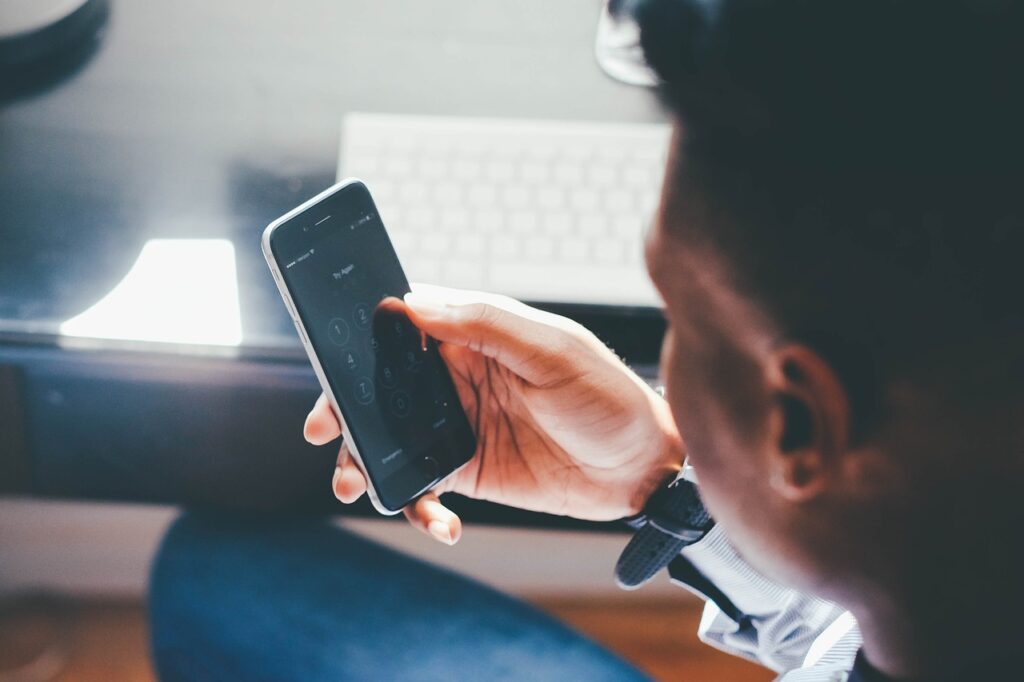
Social media has become an integral part of our lives, keeping us connected, informed, and entertained. However, constant exposure to curated lifestyles, negative news, and online comparison can take a toll on our mental health. If you’ve ever felt anxious, overwhelmed, or drained after scrolling through your feed, you’re not alone.
Studies have linked excessive social media use to increased stress, anxiety, and depression. The good news? You can take control of your digital habits and create a healthier relationship with social media. Here’s how:
1. Recognize the Signs of Social Media Anxiety
Social media anxiety can manifest in different ways, including:
Feeling stressed or overwhelmed after using social media.
Constantly checking notifications and feeling uneasy when you’re offline.
Comparing your life to others and feeling inadequate.
Experiencing FOMO (fear of missing out) when you see others enjoying events you didn’t attend.
Struggling to concentrate or sleep due to excessive scrolling.
If any of these resonate with you, it’s time to take steps toward healthier social media habits.
2. Set Healthy Boundaries
Creating boundaries with social media can prevent it from negatively impacting your mental well-being. Here are a few ways to do this:
Limit Screen Time: Set a daily limit for social media use. Most smartphones have built-in features to track and restrict screen time.
No-Social Zones: Keep your bedroom, dining table, or work desk free from social media distractions.
Turn Off Notifications: Reduce interruptions by disabling unnecessary notifications.
Unfollow or Mute Negativity: Curate your feed by unfollowing accounts that trigger stress or self-doubt.
3. Practice Mindful Scrolling
Instead of passively consuming content, be intentional about how you engage with social media:
Ask Yourself: “Why am I opening this app? Am I bored, stressed, or seeking validation?”
Follow Positive Content: Engage with accounts that inspire, educate, or bring joy.
Pause Before You React: Before commenting or reacting to posts, take a moment to reflect on whether it aligns with your values and mental peace.
4. Take Regular Digital Detoxes
A digital detox can help reset your relationship with social media. Try:
Short Breaks: Start with an hour or a day without social media.
Social-Free Weekends: Dedicate one weekend a month to offline activities.
Full Detox: Consider a week-long break to reconnect with real-life experiences.
5. Be Authentic and Avoid the Comparison Trap
Remember that social media is a highlight reel, not reality. People tend to share their best moments, often filtered and curated. Avoid comparing your everyday life to someone else’s perfect posts. Instead:
Focus on Your Own Journey: Celebrate your achievements without measuring them against others.
Engage in Gratitude: Practice gratitude for what you have rather than dwelling on what you lack.
Share Authentically: If you choose to post, be real about your experiences rather than striving for perfection.
6. Engage in Offline Activities
Balancing online and offline life is key to reducing social media anxiety. Make time for:
Exercise and Outdoor Activities to boost mood and reduce stress.
In-Person Connections with friends and family to strengthen real relationships.
Hobbies and Creative Pursuits like reading, painting, or music to engage your mind positively.
7. Seek Support if Needed
If social media is significantly impacting your mental health, consider seeking professional support. Therapists and mental health professionals can provide coping strategies and tools to manage anxiety related to digital spaces.
Final Thoughts
Social media isn’t inherently bad—it’s how we use it that matters. By setting boundaries, practicing mindfulness, and balancing digital life with real-life experiences, you can protect your mental health while still enjoying the benefits of social media. Remember, you control your social media experience, not the other way around.
So, the next time you pick up your phone to scroll, ask yourself: Is this serving my well-being? If not, it’s time to scroll smart.
